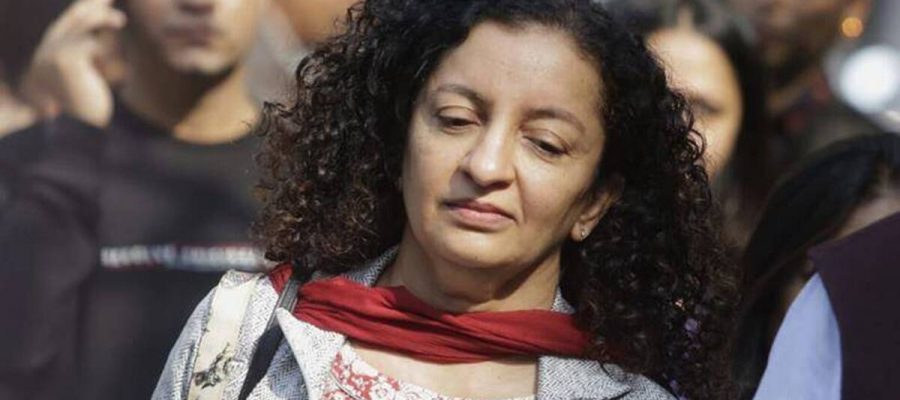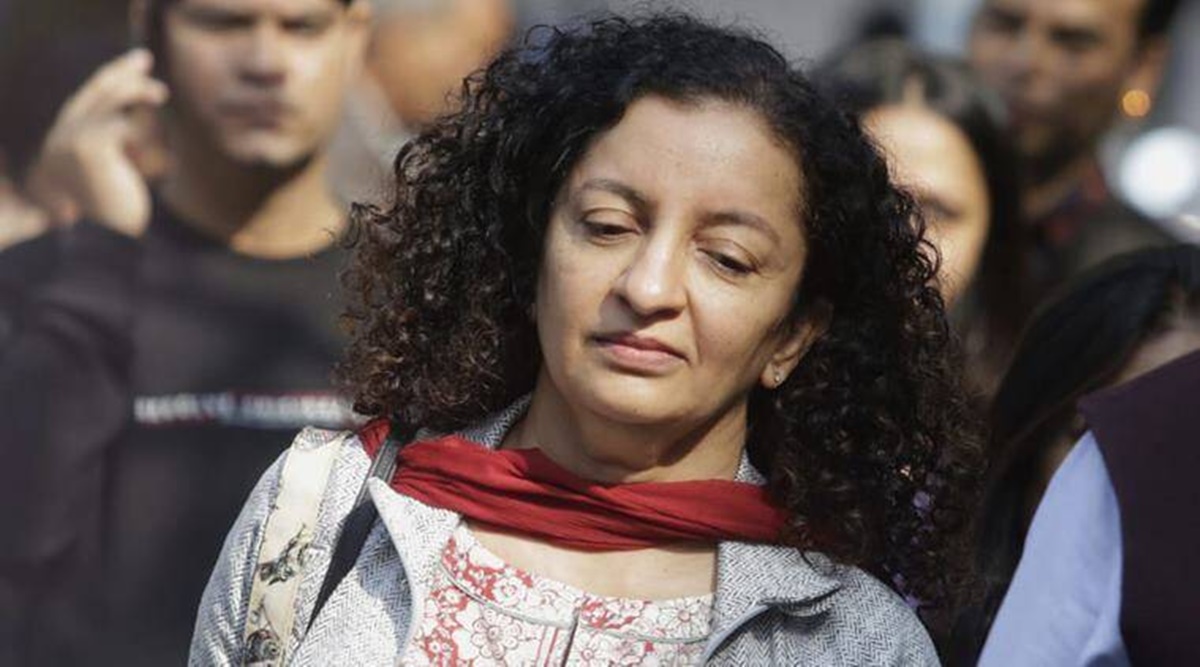Priya Ramani fought this battle for all of us. Not just the women who spoke up against M J Akbar but also for those who couldn’t speak up against him; for all of us.
From February 10, when the verdict in Priya Ramani vs MJ Akbar was to be originally pronounced, till February 17, when it was read out, my stomach had been in a permanent knot.
Two years ago, I spoke up about the harassment I had faced, after years of intimidation and being forced to act as if nothing is wrong. What could happen if I, the daughter of a divorcee, tried to go to a police station and file a case? What would happen to my safety? Would anyone give us a house to rent ever? Who would marry me? My mother and I had no answers to these questions and, therefore, the concept of filing a case for “simple sexual harassment” was “stupid”. “Think about your future!” “Forgive and forget!”, I was told. Moreover, who would believe me? I was a 19-year-old singer in the industry. I stood up to him because I was married and my partner and family were supportive.
The #MeToo movement gave me the strength of sisterhood. I realised I was not alone. More than anything else, I realised these men have a pattern. It wasn’t easy. The trolls came from all angles; politicians across the board shamed the movement and women calling it a publicity stunt. All of us were accused of trying to “get famous” because we dared shining the spotlight on molesters of repute.
After the verdict in Priya Ramani’s case, I broke down crying. All the pent-up anger, the hopelessness of it all, poured out. What a day it was! It is, however, sobering to realise that a survivor was made to defend herself on why she had to speak up when she did. The bar is that low. But what a judgment it is!
Every line answers every question that has been spat on our faces by this ruthless, cruel, inconsiderate society; a society that would rather silence and shame the victim than punish the perpetrator. A society that blames the victim instead of the perpetrator of the crime. It is in the collective DNA.
Ramani fought this battle for all of us. Not just the women who spoke up against M J Akbar but also for those who couldn’t speak up against him; for all of us. The court affirmed that “the right of reputation can’t be protected at the cost of right to dignity”; that we have the “right to air our grievances on any platform”. How we have longed to have someone tell us this! Men named in the #MeToo movement have responded with how famous, erudite, respected they are and how their carefully constructed reputation was getting tarnished. What could we do if society chose to respect molesters?
Women are still battling sexual harassment at workplaces, at educational institutions, at homes, and at slipshod internal complaints committees (ICCs). Unless entire systems are overhauled, until we all understand how our privilege or the lack of it makes a massive difference, until we understand intersectionality, until we all strive to make society a truly safe place, free of sexual violence and harassment for all genders, it is not going to be easy at all. It is going to be a long, arduous road.
I doff my hat to Raya Sarkar, who faced ruthless criticism for not following “due process”, when they put out the List of Sexual Harassers in Academia (LoSHA). Sarkar’s work paved the road for the #MeToo movement in India.
Meanwhile, filmmaker Leena Manimekalai faces a defamation case for calling out her harasser. I’m fighting a dubbing union ban. Many of the women who outed their molesters are yet to be rehired while their assailants are back in business. But for now, we will take this win.
This article first appeared in the print edition on February 22, 2021 under the title ‘For now, we take this win’. The writer is a playback singer
Source: Read Full Article


